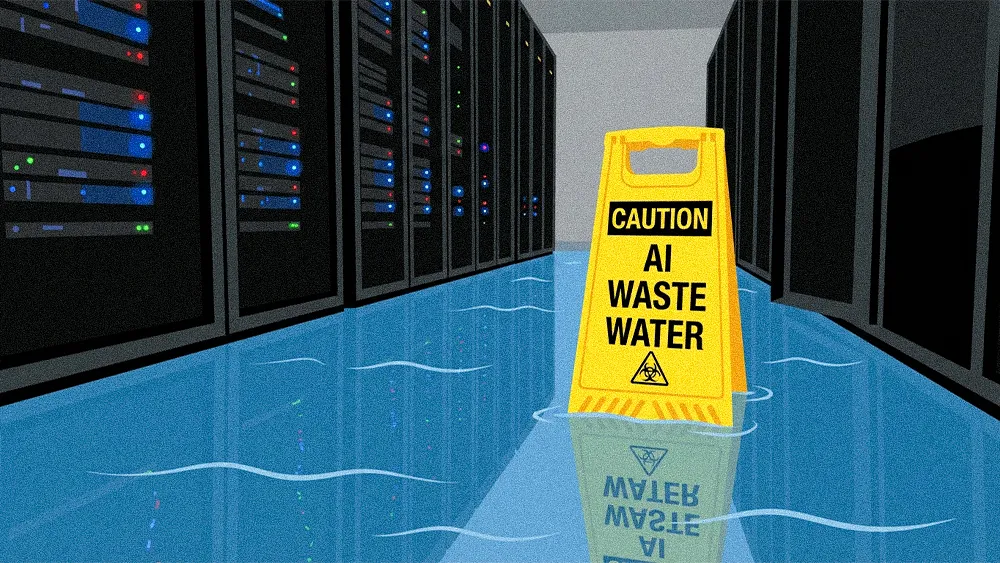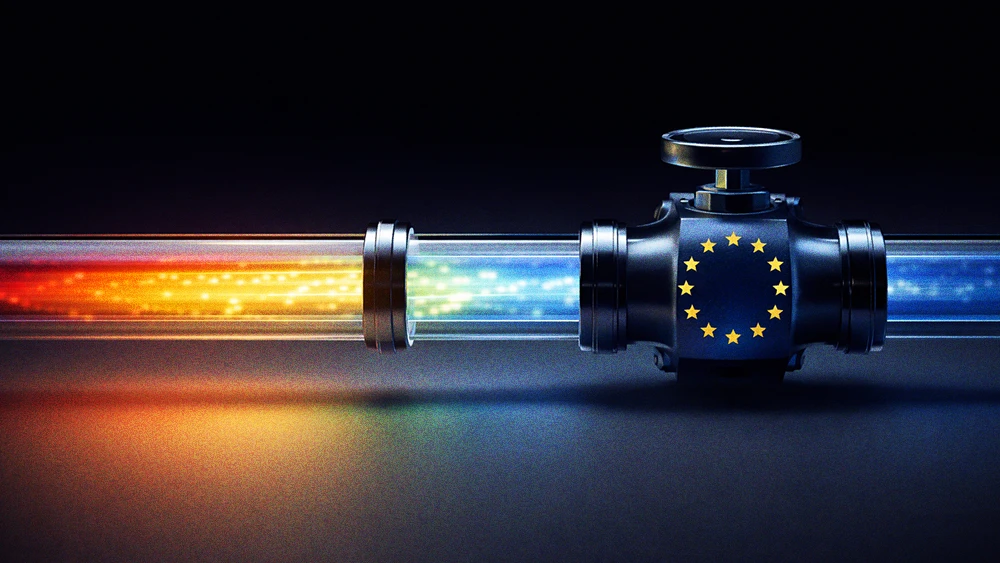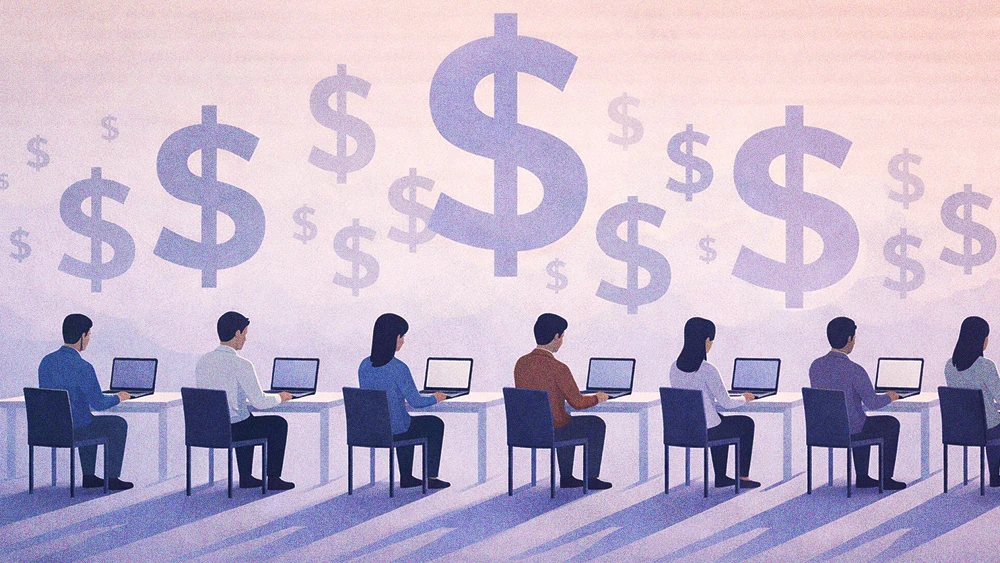
- OpenAI acquired legendary Apple designer Jony Ive's company to collaboratively develop its first hardware device.
- Full details were not officially announced, but the device is reportedly screen-free and not a wearable.
- Cameron Cooper, a Senior Product Manager at a major wireless telecom provider, joined us for an interview about intentional AI usage and using AI as a tool to improve human reasoning, not just provide answers.
*Cameron Cooper's opinions expressed in this article are solely his own, and do not represent the views of his employer.
Every hardware company is perpetually chasing 'the next iPhone', but OpenAI’s recent acquisition/partnership with legendary Apple designer Jony Ive signals something deeper. This isn’t just a design story. It’s about execution, intention, the cognitive frameworks that must evolve with the hardware.
CIOnews spoke with Cameron Cooper*, Senior Product Manager at Verizon, whose work bridges technology, culture, and design. From McLaren to eBay to Grammy-winning artists, he has helped shape products and experiences that put people, not just features, at the center.
The Google Maps effect: As these devices become more integrated into our lives, Cooper warned of a risk that goes beyond privacy or security: the potential erosion of our own intellect. "The danger is what Google Maps has already done to our sense of direction," he explained. "We don't remember addresses anymore because we've outsourced that skill. We are losing an essence of our own functionality by increasing the capabilities of a product that stands beyond us." This gradual dependency, he cautioned, could "dumb down" our innate reasoning abilities if we aren't careful.
Mind over model: The antidote isn't to reject the technology. It’s to be intentional about how we use it. "We all need to ask ourselves a fundamental question: 'Am I just using this to get answers, or am I using this to actually help me reason better?'" Cooper said.
He pointed to the importance of treating AI as a tool with a feedback loop, one that should make the human smarter, not just the model. That means reflecting on how tasks are structured, what information is actually needed, and how outputs are evaluated. "That’s a perspective thing, and it’s a mental training we will all need. The real challenge isn't the tool itself; it's the mental framework we bring to it," explained Cooper.

The Ive league: When OpenAI set out to build its first device, it wasn’t just chasing innovation. It was chasing execution. That’s why it turned to a legend according to Cooper. "This play is about positioning OpenAI to create hardware by implementing their software, and Jony Ive understands how to design a product at scale that people truly love."
"He brings the care and intention required to deliver a truly refined product. He was at Apple when Tim Cook took over; he can pull from the backlog of how they built their manufacturing, the strategies they used to go to market, and the partners they worked with to bridge those critical relationships."
No user left behind: "The first thing we must do is address accessibility," Cooper said. "The next level isn’t just about making products better for able-bodied humans; it's about making products that work seamlessly for everyone." While others debate the merits of phones versus accessories, Cooper sees the most disruptive move OpenAI and others could make is to rethink human-machine interaction for users with disabilities. "Imagine you have trouble using your hands. What does it look like to design a device where that's no longer a barrier? That is what will provide true equity, and that’s where the real disruption is."
.svg)





.webp)